Our mandate is championing the rights of women/girls domestic workers
HISTORY OF DHOBI WOMEN NETWORK
Dhobi Women Network was started as a loose network in 2010, as an initiative resulting from varied experiences of some unemployed women who constantly experienced harassment and faced other challenges such as being locked up in police and city council cells. This was as a result of them sitting on the roadsides in rich neighborhoods, while waiting to be picked by any employer to provide them with casual work such as cleaners, baby sitters, cooks or any other type of errands.
The women were considered as a threat to security and accused of loitering. During their daily search for work, some could go for several days and even weeks without getting any job due to lack of any employable skills.
These experiences made many of them accept to be sexually exploited and some even went to the extent of stealing from employers to be able to cater for their needs. It is in this regard that the women came together and decided to formally work together since initially they were not talking to each other and even in case of violations, no one bothered about the other. The women realized the need to unite and strengthen each other through formation of a network, which was prompted by Grace Ngugi, who had observed the continuing vulnerability of these women and the importance of them to get some form of protection. .
Few years later, a national human rights organization started training them on labour rights, human rights laws, protection from sexual harassment and exploitation among others. This was an eye opener and more than 3,000 women were trained from different parts of Nairobi.
In 2016, through the initiatives of some mentors, the group further secured a grant from French Embassy Kenya, and 50 more women were intensely trained on labour laws and rights, while 20 others were taken through a catering and culinary skills training. After the training, some of the women were employed in hotels and homes. Also, during this period in order to facilitate follow up and monitor progress of the group members, an office was set up at Kileleshwa Covenant Community Church, which volunteered some office space to the organization.
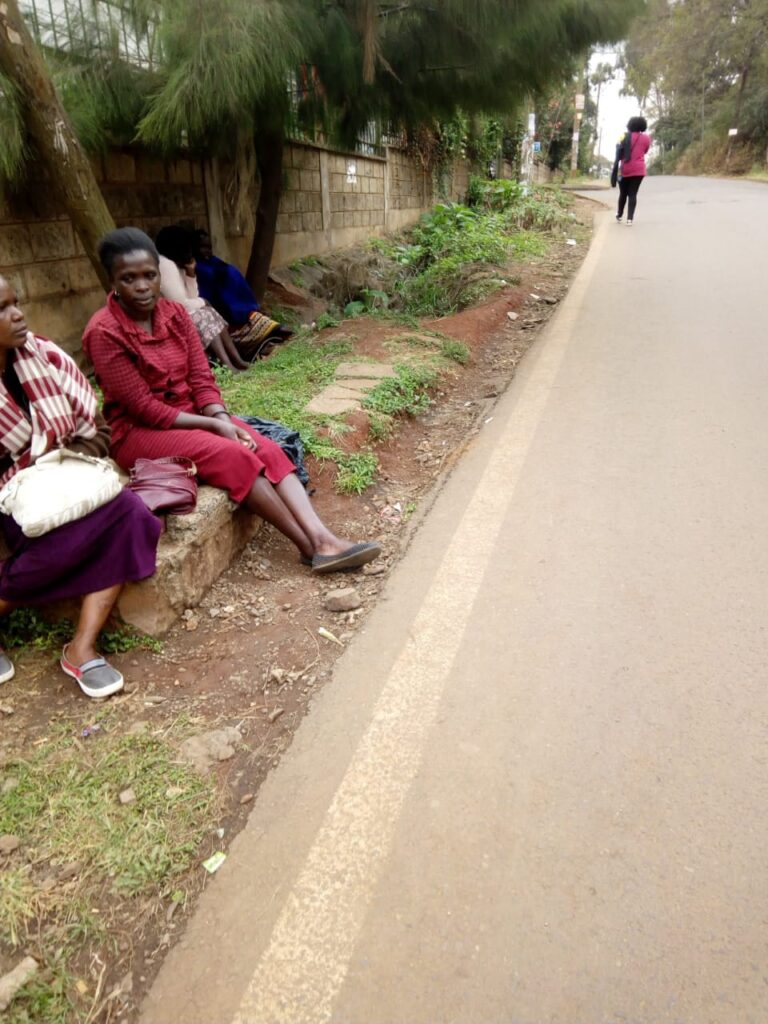
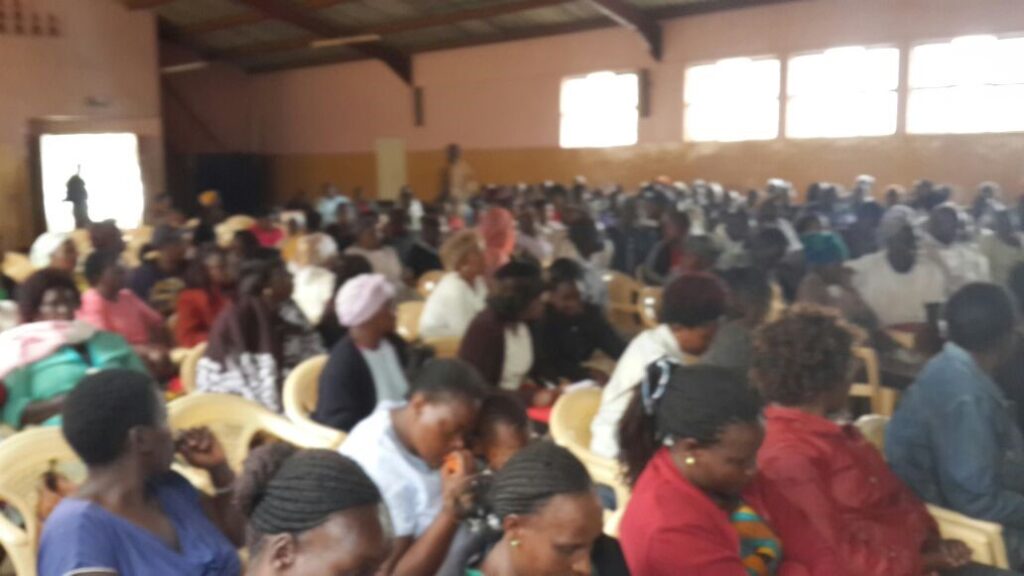
These experiences made many of them accept to be sexually exploited and some even went to the extent of stealing from employers to be able to cater for their needs. It is in this regard that the women came together and decided to formally work together since initially they were not talking to each other and even in case of violations, no one bothered about the other. The women realized the need to unite and strengthen each other through formation of a network, which was prompted by Grace Ngugi, who had observed the continuing vulnerability of these women and the importance of them to get some form of protection. .
Dhobi women Network has also diversified to address other community challenges such as high cases of drug and substance abuse among the youth. To reduce the idleness and the temptation of youth to engage in harmful behavior, during the holidays the organization reaches out to children through cooking programme dubbed “ KIDS CAN COOK”, where they are fully engaged to be responsible and also nurture their talents at an early age by exposing them to right information and different career opportunities for their future growth.
Due to demand by women from other areas who were not able to be trained due to legal limitations, the community based organization progressed to be registered as a Non- Governmental Organization in 2018, with its operations expanding to cover other areas in Nairobi Nakuru, Muranga, Kisumu and Mombasa.
Through the progress made so far, there is an indication that women casual domestic workers are suffering in silence and more needs to be done to bring back the dignity of women who are widows, others are survivors of gender based violence, early marriages and feel hopeless with low self- esteem and end up being exploited due to lack of skills that they can use to acquire descent jobs.
In 2016, through the initiatives of some mentors, the group further secured a grant from French Embassy Kenya, and 50 more women were intensely trained on labour laws and rights, while 20 others were taken through a catering and culinary skills training. After the training, some of the women were employed in hotels and homes. Also, during this period in order to facilitate follow up and monitor progress of the group members, an office was set up at Kileleshwa Covenant Community Church, which volunteered some office space to the organization.
Pictorial
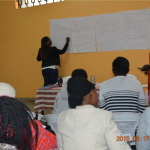
Training On Labour Laws And Rights
Dhobi Women being trained on Labour laws and rights by advocate Rhoda Maina from Kituo Cha Sheria with the help of DWN CEO Grace Ngugi
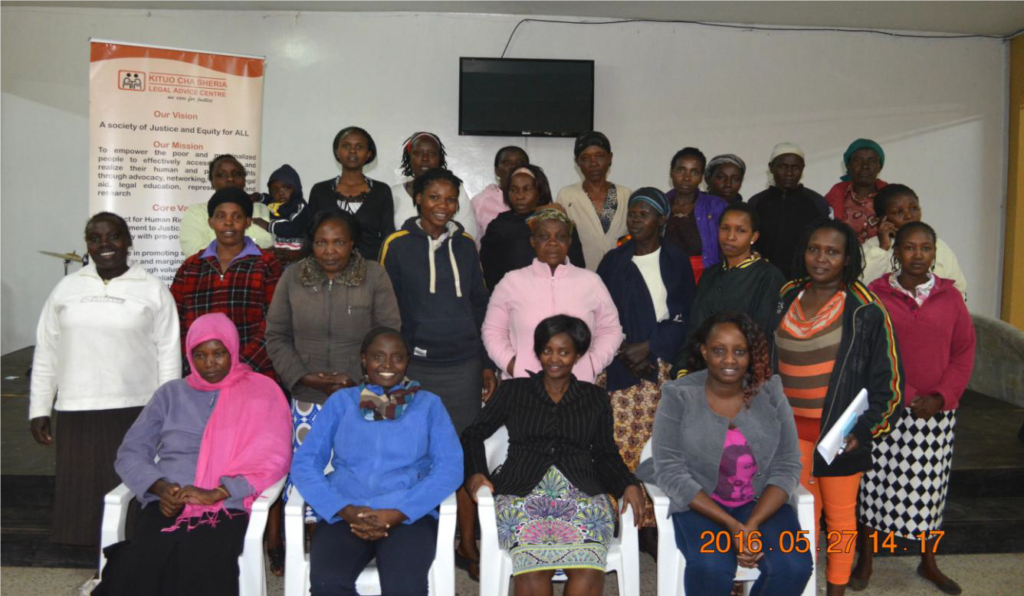
Group Photo
Dhobi Women Pose For A Photo After The Training With Kituo Staff (Rhoda Maina And Faith Ochieng)And Ceo/Founder Grace Ngugi
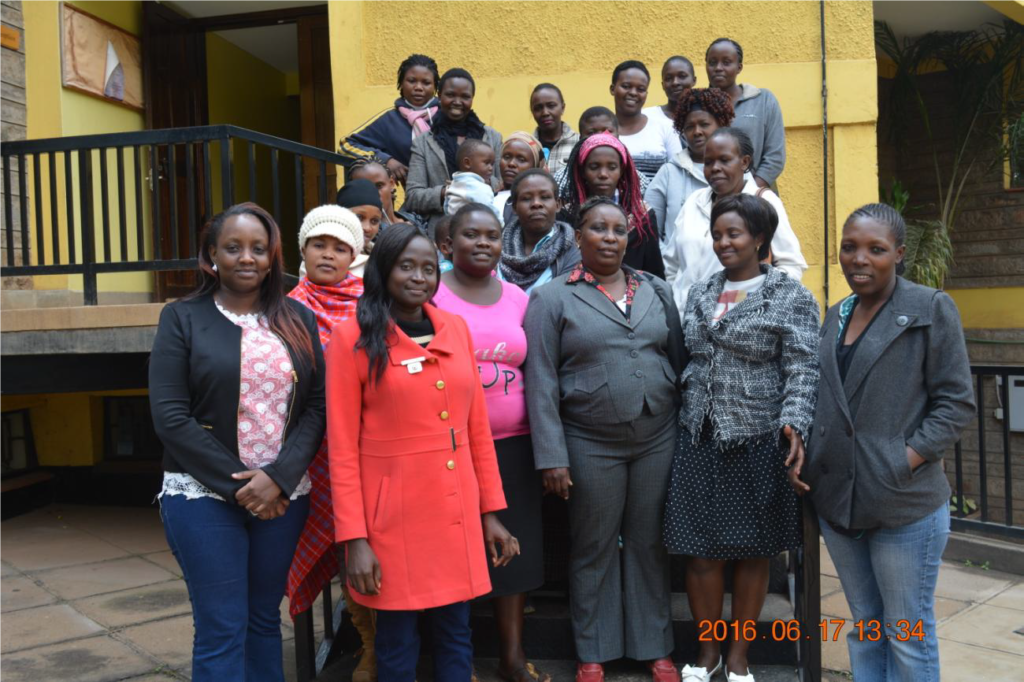
Group Photo
Dhobi Women Network members undergoing a labour rights training from French Embassy grant and in partnership with Kituo cha sheria at Kileleshwa Covenant Community Church
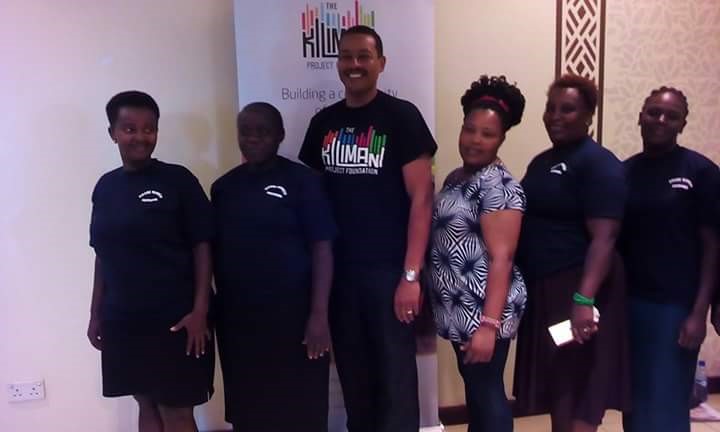
Public Participation Forum
Dhobi women network members posed for a photo during a public participation forum in Kilimani on Ward development, with Kilimani Project Foundation Director, now Amnesty International Executive Director Kenya .
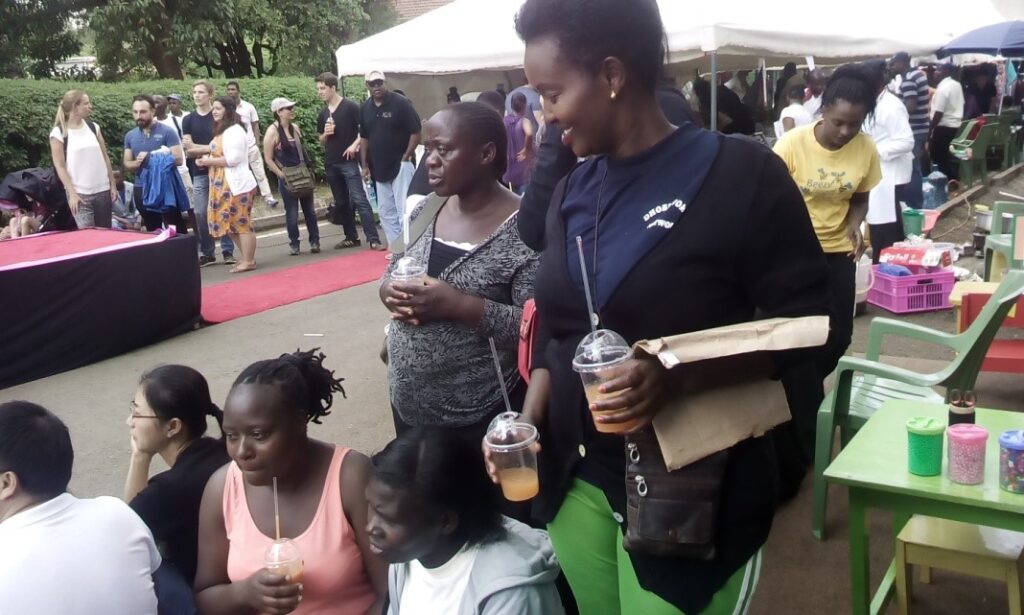
Dhobi Women At A Kilimani Community Festival
During the project implementation,the Dhobi Women Network interacted and reached to 3,000 residents from Kileleshwa, Kilimani and its environs through community forums.
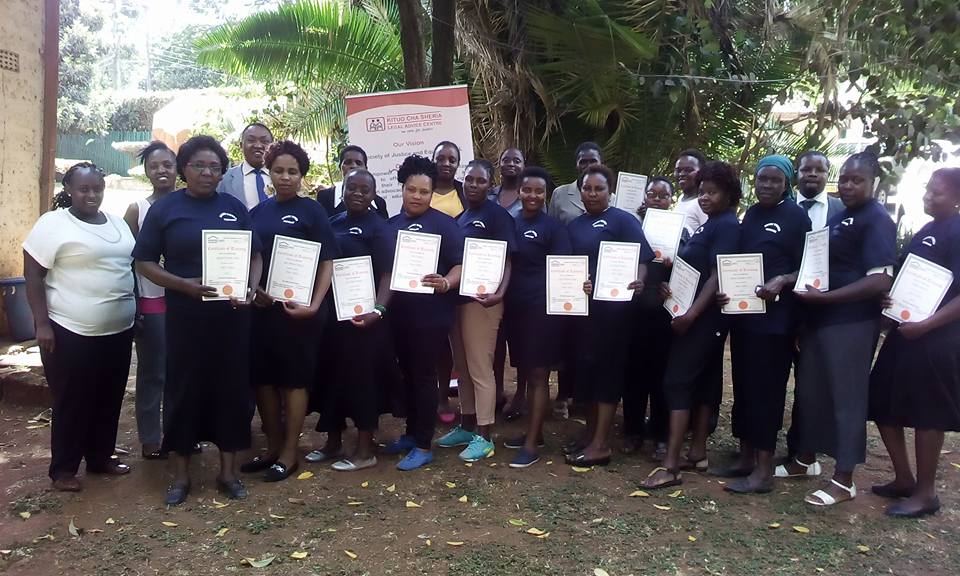
Group Photo
Dhobi Women Network members undergoing a labour rights training from French Embassy grant and in partnership with Kituo cha sheria at Kileleshwa Covenant Community Church
